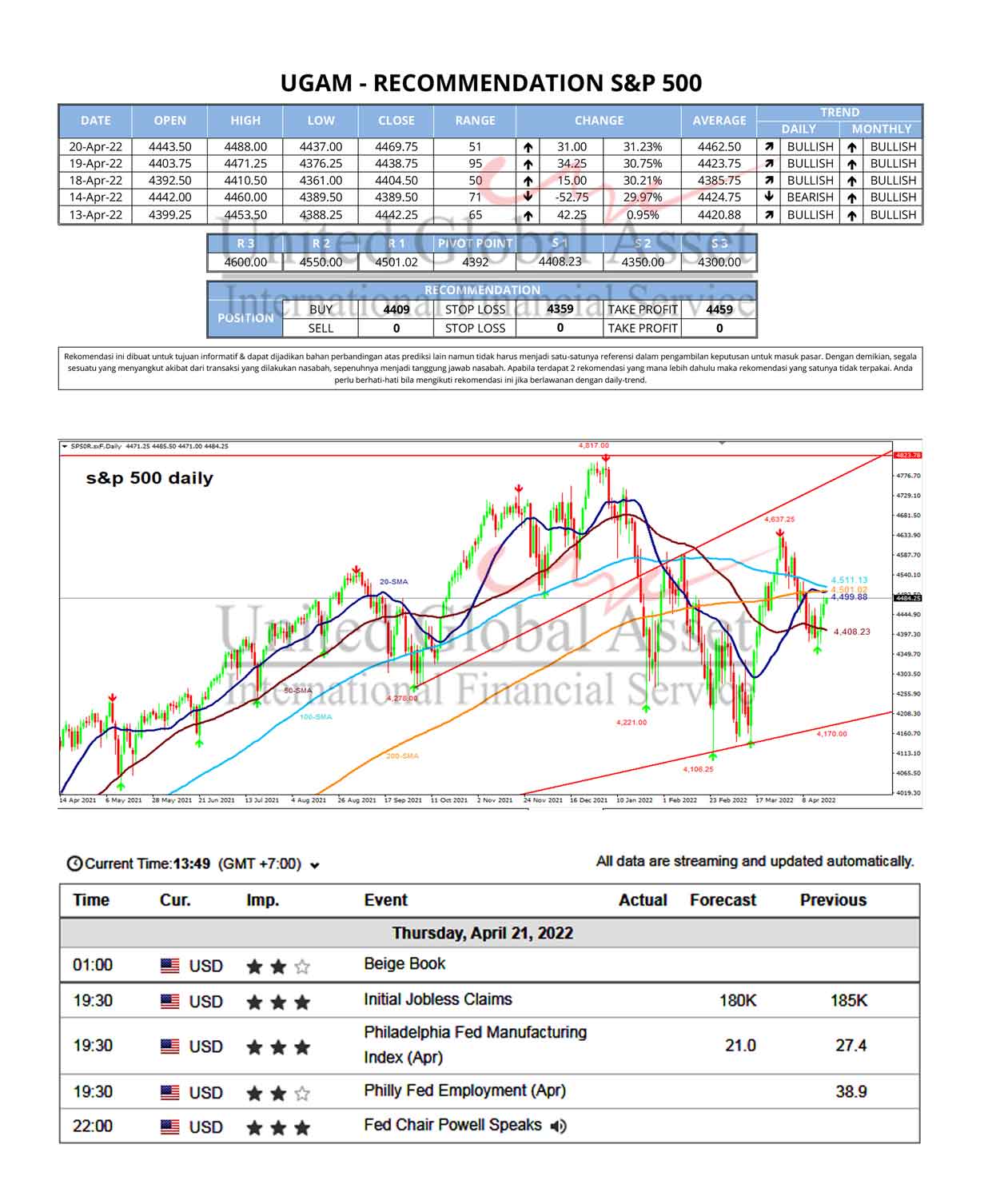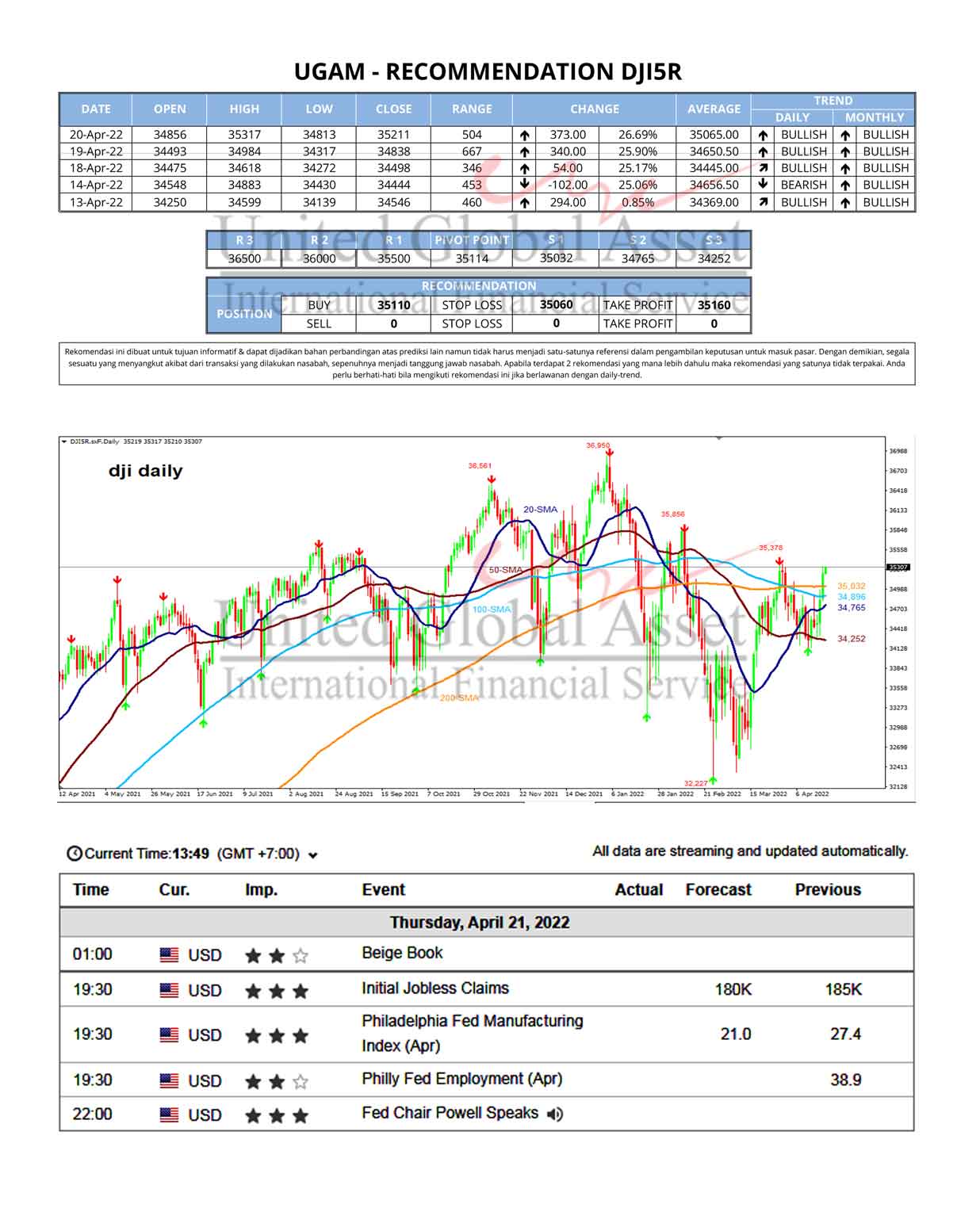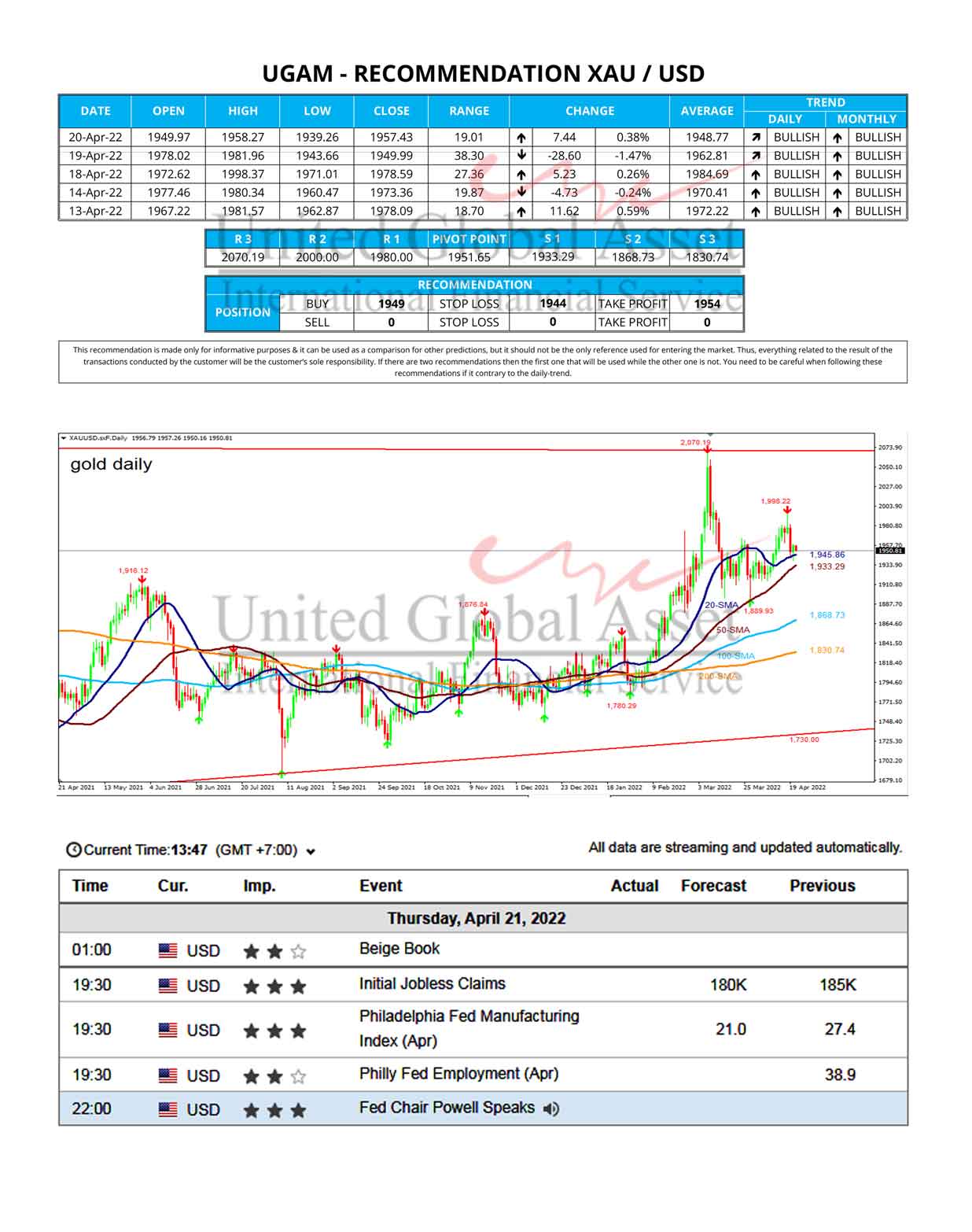Oil slides on COVID-19 resurgence, strong dollar

Oil prices slid on Friday dragged down by concerns that a spike in
COVID-19 cases in Europe and the United States is curtailing demand in
two of the world's biggest fuel consuming regions, while a stronger U.S.
dollar also added to pressure.
Brent crude futures for December
(LCOc1) dropped 44 cents, or 1.0%, to $42.72 a barrel by 0437 GMT, while
U.S. West Texas Intermediate (WTI) crude futures for November delivery
(CLc1) slid 40 cents, or 1.0%, to $40.56 a barrel.
Both benchmarks fell slightly the previous day and are on track to remain little changed for the week.
"Worries
over weakening fuel demand in Europe due to a resurgence in COVID-19
cases and a higher U.S. dollar against the euro weighed on investor
sentiment," said Kazuhiko Saito, chief analyst at Fujitomi Co.
In
Europe, some countries were reviving curfews and lockdowns to fight a
surge in new coronavirus cases, with Britain imposing tougher COVID-19
restrictions in London on Friday.
Pandemic cases have surged in
the U.S. Midwest and beyond, with new infections and hospitalisations
rising to record levels in an ominous sign of a nationwide resurgence as
temperatures get colder.
The dollar was headed for its best week
of the month on Friday, as surging coronavirus cases and stalled
progress toward U.S. stimulus had nervous investors seeking safe assets.
[FRX/]
A technical committee of the Organization of the
Petroleum Exporting Countries (OPEC) and allied oil producers, a group
know as OPEC+, also ended a meeting on Thursday expressing concerns
about rising oil supply as social restrictions to curb the spread of
COVID-19 limit fuel usage.
"All eyes are on OPEC+ move from January," said Hiroyuki Kikukawa, general manager of research at Nissan (OTC:NSANY) Securities.
OPEC+
is set to reduce its current supply cuts of 7.7 million barrels per day
(bpd) by 2 million bpd in January even as OPEC Secretary General
Mohammed Barkindo admits fuel demand is looking "anaemic".
The
bearish demand outlook and rising supply from Libya may mean OPEC+ could
roll over the existing cuts into next year, OPEC+ sources said on
Thursday.
There is an OPEC+ meeting scheduled for Nov. 30 to Dec. 1 to set policy.
"With
uncertainty over OPEC+ future policy and the U.S. presidential
election, oil prices will likely remain in a tight range for a while,"
Kikukawa said.
Source : investing.com


